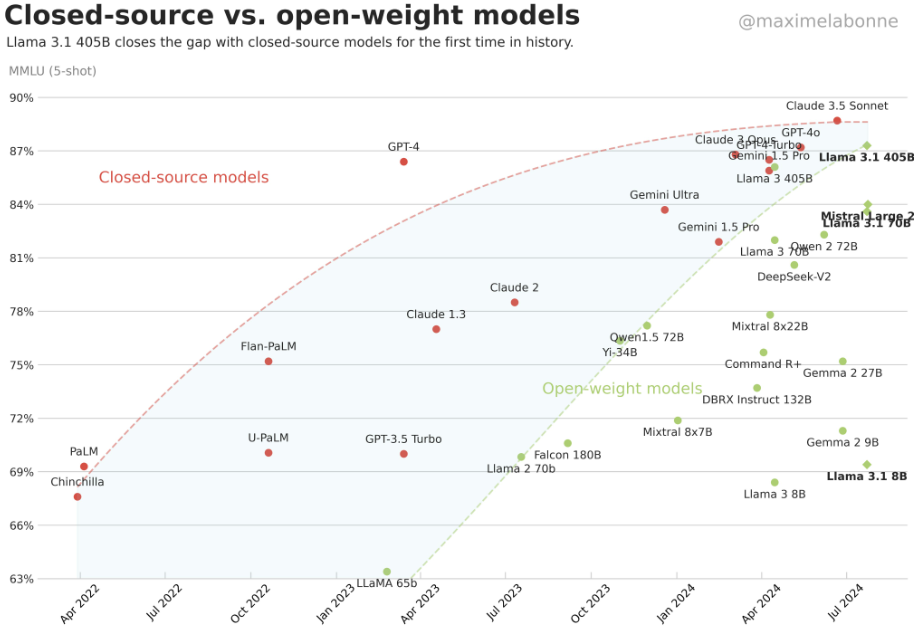Is OpenAI's brain drain a sign of AI winter or just bad management?

OpenAI faces mounting pressure following GPT-4's release, with no major successes and numerous negative headlines since. Several prominent figures have departed the company in early 2024, raising questions about overhyped expectations for generative AI.
Greg Brockman, president, chairman, co-founder and experienced developer, announced a break until year-end, with plans to return afterward. The timing of his departure, along with co-founder John Schulman's exit, appears suspicious given OpenAI's challenges: high expectations for their next AI model, significant financial losses, multiple lawsuits, and scrutiny of their Microsoft partnership.
John Schulman moved to competitor Anthropic to focus on AI safety, mirroring Jan Leike's move. Leike, former co-head of the Superalignment team, left due to disagreements over priorities and a desire to focus on security and societal impact. He moved to Anthropic as well. Schulman, however, stated his decision was "personal" and not due to "lack of support for alignment research at OpenAI."
Ilya Sutskever, OpenAI co-founder and leading AI researcher, departed after nearly a decade. He was involved in the attempted ousting of CEO Sam Altman in November. Sutskever has since co-founded Safe Superintelligence Inc. with two partners to solve the problem of safe superintelligent AI.
Safety researcher Daniel Kokotajlo left, citing lost confidence in the company's responsible behavior during AGI development. He says he forfeited significant compensation to avoid OpenAI's non-disclosure agreements.
Other notable departures include Logan Kilpatrick (now at Google), Peter Deng (former VP of consumer products), and Andrej Karpathy (who started his own AI training startup). Karpathy stated his decision wasn't due to issues at OpenAI, praising the company's team and roadmap.
Talent leaves OpenAI, not AI
Still, these exits raise questions: Why leave a company potentially on the verge of developing AGI, arguably the most influential technology in human history? Is OpenAI bluffing, with no major advances in AI models on the horizon?
Recent LLM developments suggest a plateau around GPT-4's capabilities. While efficiency improvements and multimodality offer scaling potential, a breakthrough in logical reasoning remains distant.

But there is also good news for A(G)I enthusiasts. Former OpenAI employees have largely stayed in the AI industry, taking positions at Google and Anthropic or founding startups. This suggests that they haven't lost faith in AI or AGI in general, but in OpenAI in particular.
Things were different during the great metaverse and virtual reality hype and the slow disintegration of the hyped VR startup Oculus, which was absorbed by Facebook. The Oculus founders gradually left Facebook due to differences of opinion. But they also left the technology behind. OpenAI's situation appears more indicative of a leadership crisis than a broader loss of faith in AI's potential.
AI News Without the Hype – Curated by Humans
As a THE DECODER subscriber, you get ad-free reading, our weekly AI newsletter, the exclusive "AI Radar" Frontier Report 6× per year, access to comments, and our complete archive.
Subscribe nowAI news without the hype
Curated by humans.
- Over 20 percent launch discount.
- Read without distractions – no Google ads.
- Access to comments and community discussions.
- Weekly AI newsletter.
- 6 times a year: “AI Radar” – deep dives on key AI topics.
- Up to 25 % off on KI Pro online events.
- Access to our full ten-year archive.
- Get the latest AI news from The Decoder.